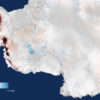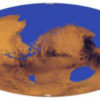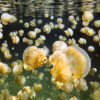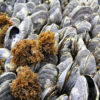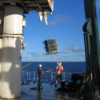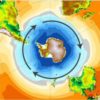An international group of scientists has observed a sudden increase in ice loss on the Southern Antarctic Peninsula, what was previously thought to be a stable region of Antarctica. Led by scientists from the University of Bristol (UK), the group has published their observations in the latest edition of Science. Using measurements of the elevation […]
